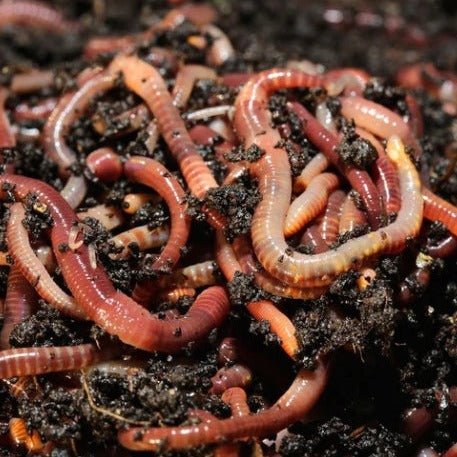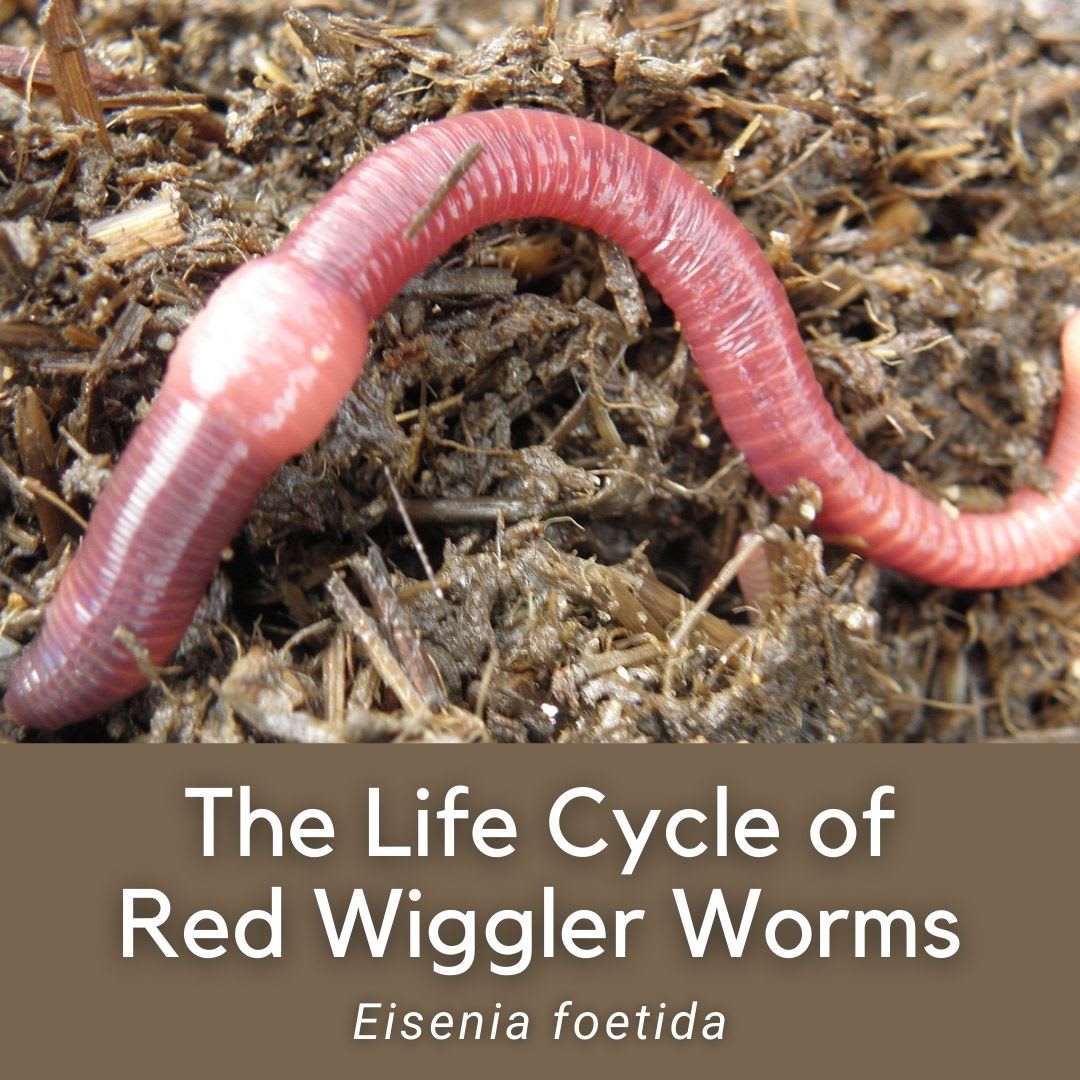Red Wigglers 101: Everything You Need to Know for Thriving Gardens
Red wigglers, or Eisenia fetida, play a crucial duty in lasting horticulture methods, serving as efficient decomposers that convert organic waste right into useful vermicompost. Comprehending their habitat, dietary preferences, and the myriad benefits they provide can transform your horticulture technique.
Comprehending Red Wigglers

Red wigglers thrive in atmospheres rich in natural material and wetness. Red Wiggler Express. They have a special gastrointestinal system that permits them to process food scraps rapidly, eliminating castings that are packed with crucial nutrients such as nitrogen, phosphorus, and potassium. These castings boost dirt framework, boost water retention, and foster advantageous microbial activity, all of which add to robust plant health
Furthermore, red wigglers can endure in diverse conditions, making them adaptable to different horticulture methods, consisting of indoor and outside composting systems. Their ability to take in large amounts of natural waste daily positions them as valuable allies for both home garden enthusiasts and industrial growers. By incorporating red wigglers right into gardening efforts, one can significantly boost dirt fertility and support sustainable gardening techniques.
Perfect Environment for Red Wigglers
Producing an optimum environment for red wigglers is important for maximizing their composting abilities and overall health. Red wigglers prosper in wet, dark, and well-aerated habitats, which closely resemble their natural surroundings in leaf clutter and rotting raw material. An ideal environment ought to offer a temperature level array between 55 ° F and 77 ° F(13 ° C to 25 ° C), as severe temperatures can emphasize or damage the worms.
The bed linen product, such as shredded newspaper, cardboard, or coconut coir, should be kept moist yet not excessively wet, as excessive wetness can bring about anaerobic conditions detrimental to worm health. In addition, a pH level in between 6.0 and 7.5 is perfect, guaranteeing a well balanced atmosphere.
Proper aeration is similarly important; it permits oxygen blood circulation and avoids the buildup of unsafe gases. A container or container created for vermicomposting must have water drainage openings to remove excess dampness and advertise air flow. Normal tracking of these conditions is essential for preserving a thriving red wiggler population, inevitably boosting their efficiency in breaking down natural waste and enhancing garden soil.
Dietary Requirements and Preferences

Red wigglers show certain preferences; they are especially keen on softer, breaking down products over harder or more coarse compounds. It is important to avoid feeding them citrus peels, onion, and garlic in big my explanation quantities, as these can be harmful. Furthermore, meat, dairy, and oily foods need to be omitted, as they can draw in parasites and develop unpleasant odors.
Advantages of Using Red Wigglers
The amazing benefits of using red wigglers in horticulture expand much beyond their function in composting. These versatile organisms add significantly to soil health, boosting vitamins and mineral schedule and advertising microbial task. By freshening the dirt as they tunnel, red wigglers enhance water drainage and origin infiltration, developing an optimum setting for plant growth.
In addition, red wigglers are efficient recyclers of natural waste, transforming it into nutrient-rich spreadings that offer as an exceptional natural fertilizer. These spreadings include useful microorganisms and essential nutrients, such as nitrogen, phosphorus, and potassium, which are essential for plant advancement. The slow launch of nutrients from worm spreadings guarantees a steady supply, lessening the danger of nutrient leaching and advertising lasting gardening methods.
Using red wigglers promotes a much more lasting gardening method by minimizing dependence on chemical plant foods and promoting a closed-loop system, where waste is changed right into valuable resources. On the whole, integrating red wigglers right into gardening methods uses a multitude of ecological and agricultural advantages.
Composting With Red Wigglers

To start an effective vermicomposting system, pick a suitable container with proper ventilation and drain. The suitable setting for red wigglers consists of a moist, dark setting with temperatures in between 55 ° F and 77 ° F. Begin by layering shredded paper, cardboard, and food scraps, making certain a balanced mix of carbon and nitrogen-rich materials.
Red wigglers flourish on veggie peels, fruit scraps, coffee premises, and eggshells, while staying clear of meat, dairy products, and oily foods that can bring in parasites. Routinely check wetness degrees; the bed linen must be moist however not soaked. Harvest worm castings every few months by separating the worms from the compost, which can then be used directly in yards or saved for later usage.
Applying vermicomposting not just lowers landfill waste but also enriches garden dirt, advertising healthy and balanced plant development and lasting horticulture methods. Accept this environment-friendly technique to enhance your gardening undertakings.
Verdict
In summary, red wigglers are crucial microorganisms for improving garden productivity via effective composting. Their particular habitat needs, nutritional preferences, and significant advantages add to lasting gardening practices. By making use of red wigglers, gardeners can considerably boost dirt top quality and nutrient accessibility, fostering much healthier plant growth. Welcoming the method of vermicomposting not just sustains waste reduction yet likewise advertises an environmental balance within yard communities, ultimately causing flourishing and resistant gardens.
Comments on “Enhance Your Lawn’s Health and Beauty with Red Wiggler Express Lawn Care Services”